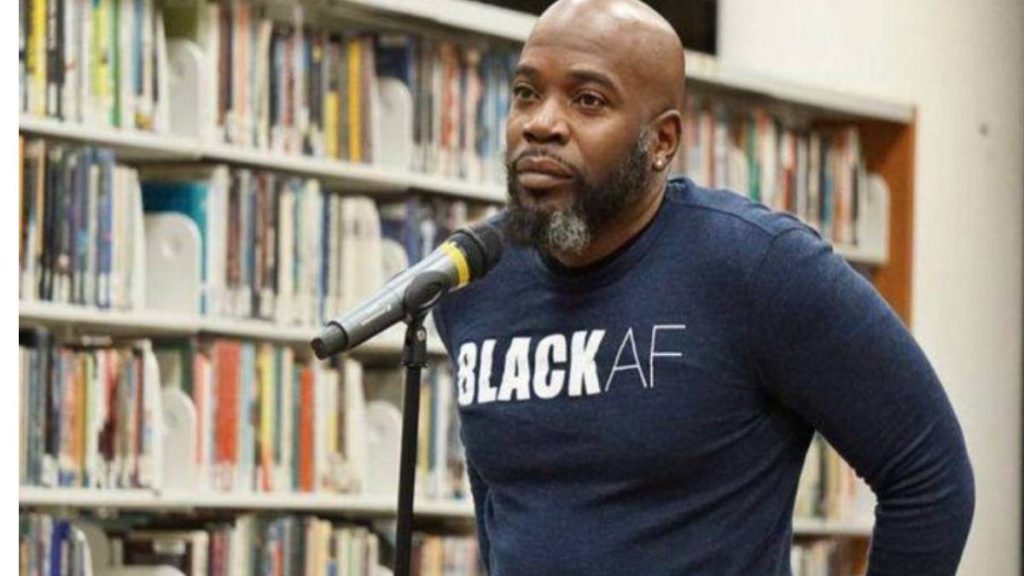Historians have played a central role in shaping the history of America as we know it. According to historians and history books, “European Settlers” colonized America. However, stolen Africans are not differentiated by where they come from. They are “slaves.”
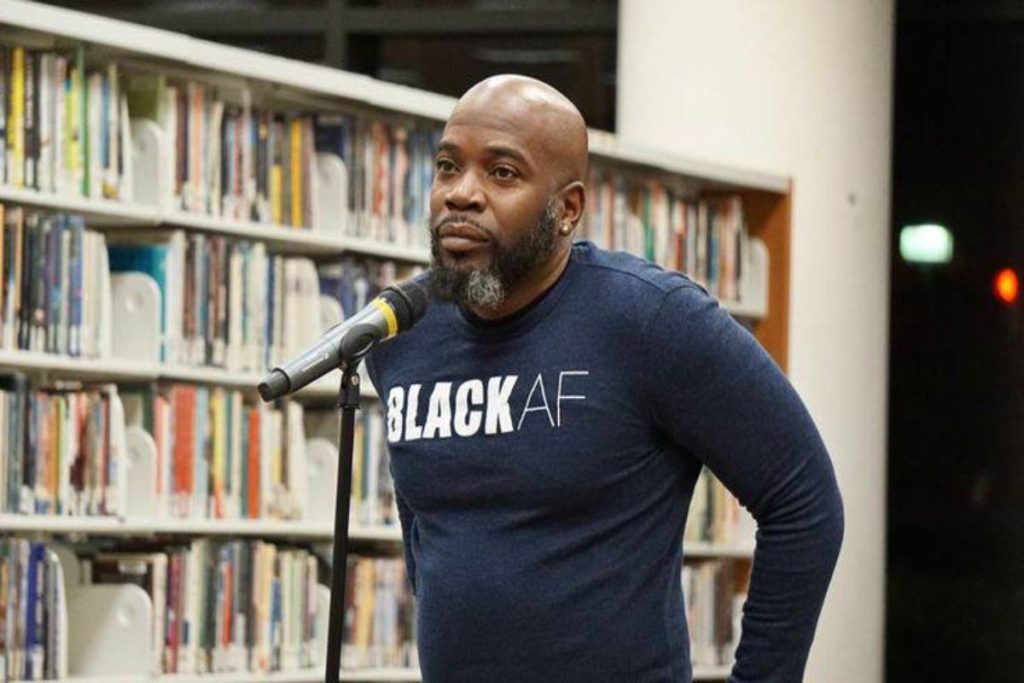
Consequently, American columnist and culture critic Michael Harriot tries to turn those descriptions around in his book, “Black AF History: The Un-Whitewashed Story of America.”
The Book’s Controversial Intro
Harriot’s book came when Black history was under review in schools. Some states require teachers to say enslaved people may have benefited from skills learned during the colonial era.
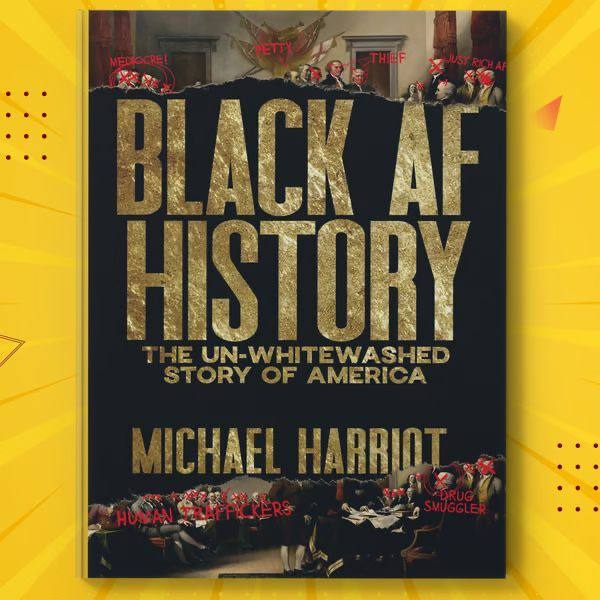
In addition, Florida banned the Advanced Placement class on African American history after determining it “lacks educational value.” However, aside from the timing, the book’s intro, which says, “Whiteness is not the center of the universe,” has gained the public’s attention.
States Are Banning History in Schools
While some clamor for the teaching of history in schools, others disagree. Hence, some States have banned the teaching of American history in schools for several reasons. In Florida, the state concluded it “lacks educational value.” Similarly, Texas banned teaching critical race theory for reasons best known to the state government.

On the other hand, Conservatives say they are protecting White children from feeling guilty for racist acts and liberal ideology.
Harriot’s Reason for Writing the Book
In an interview with About U.S., the American columnist and culture critic spoke about writing “Black AF History: The Un-Whitewashed Story of America.” Contrary to the public’s opinion, Harriot’s reason for the book isn’t just about rewriting the history of Black people.
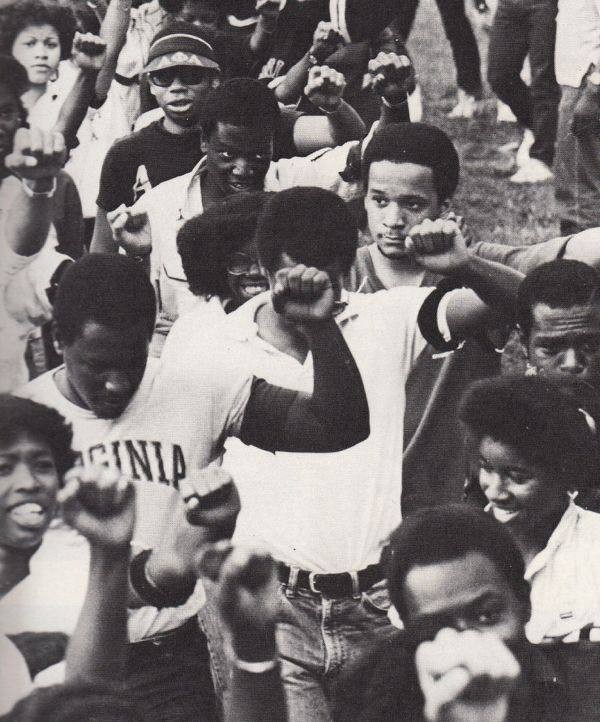
Instead, his reason was to give the history of America “through the eyes of Black people who were living at the time.”
“They Think It’s Woke or Too Progressive.”
While speaking to About US, Harriot revealed why he thinks teaching Black history is under attack. The renowned columnist and culture critic said that including Black History in the American education system is relatively new. He also said that the Black Studies movement sprung up in the late ’60s but took hold in the early ’70s.
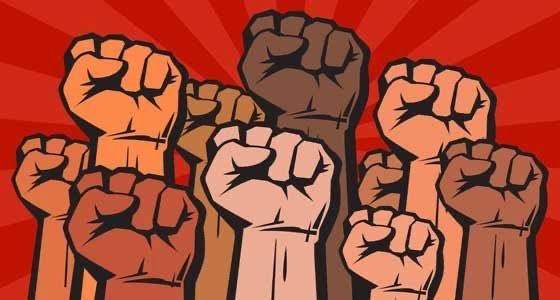
Consequently, he said, “They think it’s “woke” or too progressive because it’s a divergence from how things used to be.”
Harriot Worked With Black Historians
While disclosing how he got sources, Harriot revealed that he worked with renowned Black historian Blair Kelley. The two worked together on developing an outline for the story and divided the procedure into eras.

In addition, he looked for original and primary sources from mostly Black historians. Despite working with several Black historians, Harriot said that there was data he couldn’t get from them. Consequently, he looked at journals, slave narratives, and the Black press.
“I Wanted to Write for People Who Wouldn’t Normally Read a History Book”
When asked about his book’s excessive use of humor, Harriot said he wanted it to be more digestible. The renowned critic also added that history books are usually from the perspective of historians talking to other historians. And most times, from a White perspective.
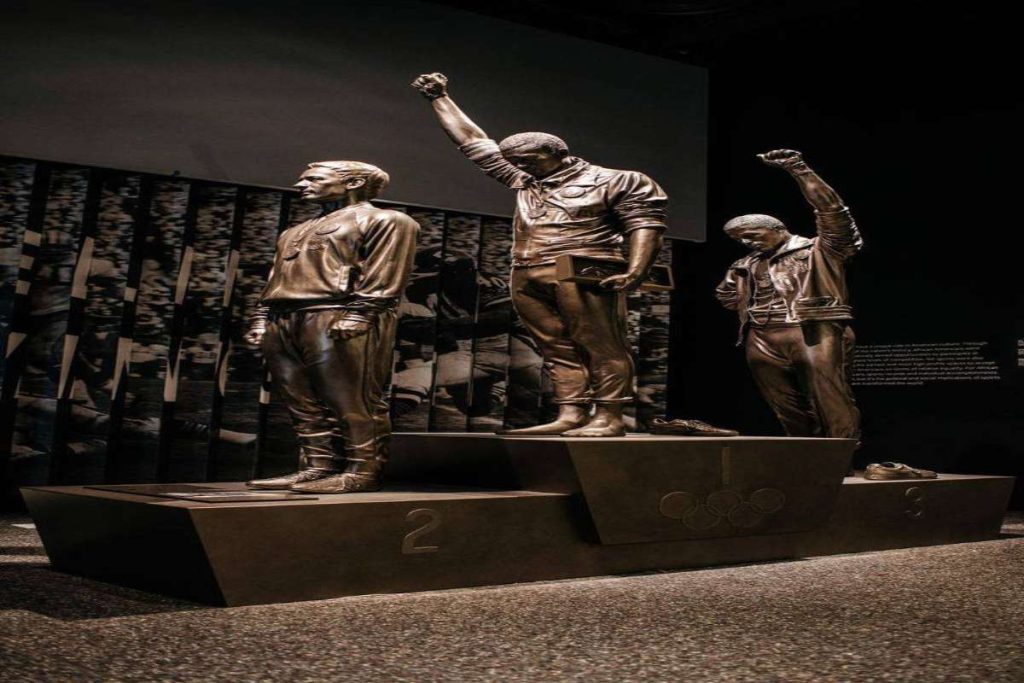
However, he wanted to change that by writing mainly to Black people in their voice, language, and humor. “The other thing I wanted to do is write for people who wouldn’t normally read a history book,” Harriot said.
The English Barbarians
Harriot referred to the English settlers as “English barbarians,” generating buzz in his book. In his interview, Harriot disclosed that he just wanted to show the hypocrisy of American history by turning it on its head.
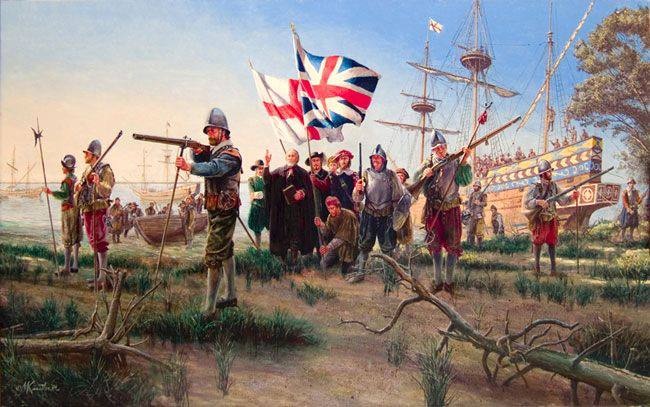
He said Americans differentiate between English settlers and Dutch Colonials, giving them a history and political motivation. However, when it comes to Africans, no one cares where they are from, and they are all just enslaved people.
Harriot’s Research Shocked Him
The famed author revealed that while researching, a few things shocked him. He found out that Americans refer to enslaved people collectively because a lot of people assume they don’t have records. Many think they had no origins and were just laborers.
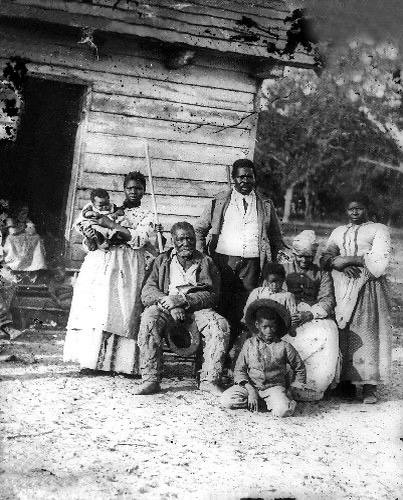
However, that wasn’t the case at all. Many assumed there were no histories or didn’t know the history of these people when, in fact, that documentation exists.
Some Parts of Black History Are Unexplored
According to Harriot, several parts of Black history remain unexplored. He revealed that one includes the phenomenon of being mixed race and how different cultures and states dealt with that.

Besides that, Harriot feels the different slave revolts in U.S. history. While several books talk about the free people, Harriot feels it’s a false equivalence to talk about them, while about 90% were not free.
Black Slave Owners
Harriot feels the subject of Black enslavers is another part of Black history that remains unexplored. He said the story of black enslavers remains a mystery to most people as it’s hardly spoken about.
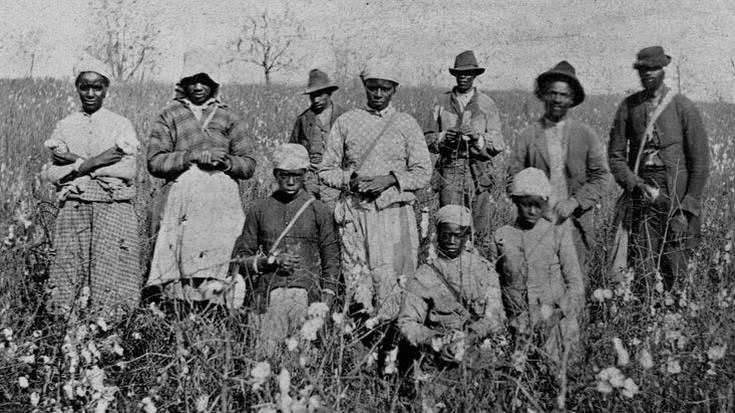
According to the renowned critic, Black people who were enslavers were people who bought their family members and loved ones out of slavery. In addition, Harriot revealed that there are a lot of subjects that he couldn’t include in his book.
Black History Should Not Be Whitewashed
While we cannot erase past horrors, true history helps people understand. In his interview, Harriot said his book is not a condemnation of America but a success story.
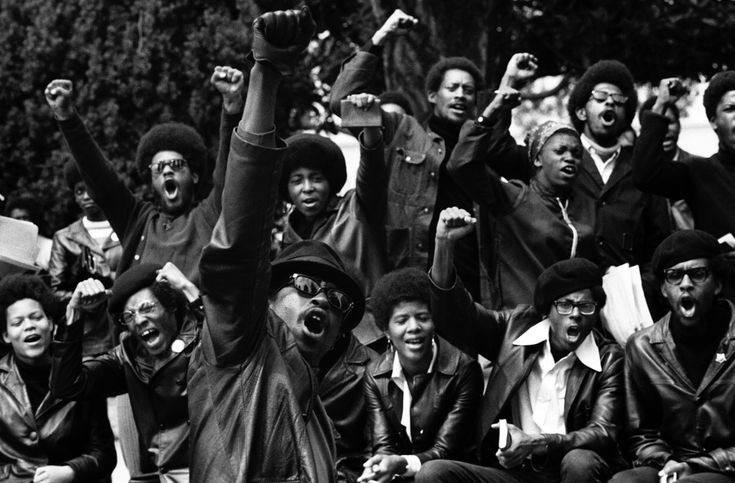
The renowned critic said, “…when you think about Black people and our history and what we have endured in this country and look at where we are now, it really is the greatest story that’s ever told.” He added, “And it is a story that doesn’t need to be whitewashed.”
Harriot Plans to Embark on More Research
While his book is doing numbers and generating buzz, Harriot isn’t resting on his laurels anytime soon. In his interview with About U.S., the American columnist and culture critic revealed that he is an economist.
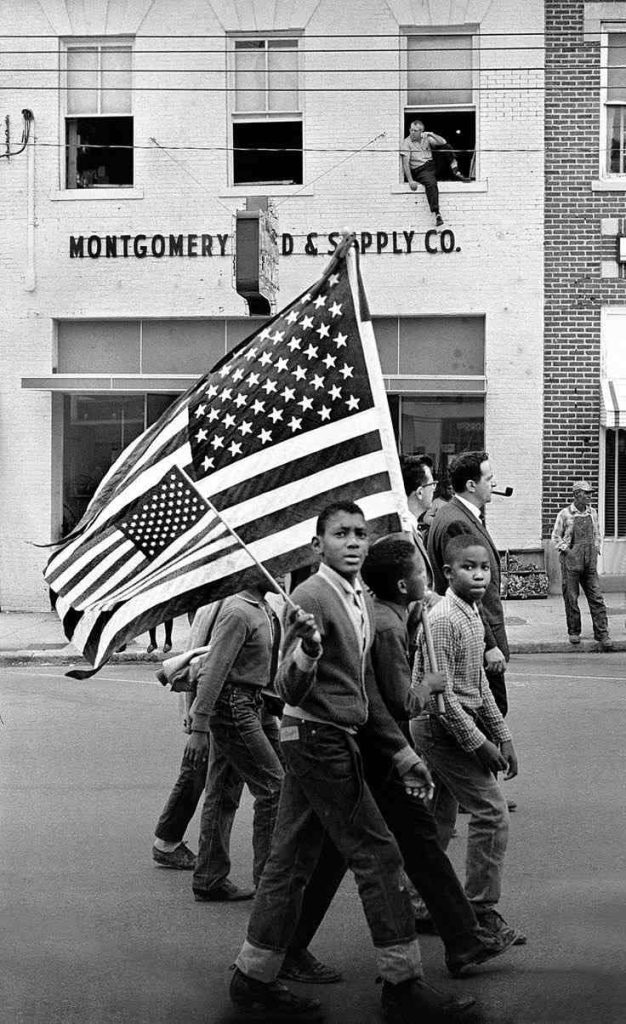
In addition, Harriot revealed that he plans to go into Black history and economics in his next book. He said, “The next book is about race more as an economic construct.”

